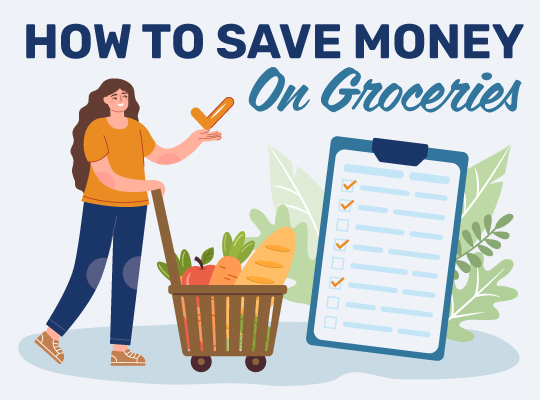Start with a Plan
One great way to approach shopping healthy on a budget is to start with a plan. Kesha says, "Shopping really takes strategizing, especially if you want to get the most bang for your buck." So, the first step? Create a menu plan and a grocery list.
- Set a Budget: Know how much you can afford to spend.
- Check Your Pantry: Take inventory of what you already have.
- Stick to Your List: Avoid tossing extra items into your cart.
Planning your shopping trip might take extra time, but it helps you stay on track and avoid overspending.


